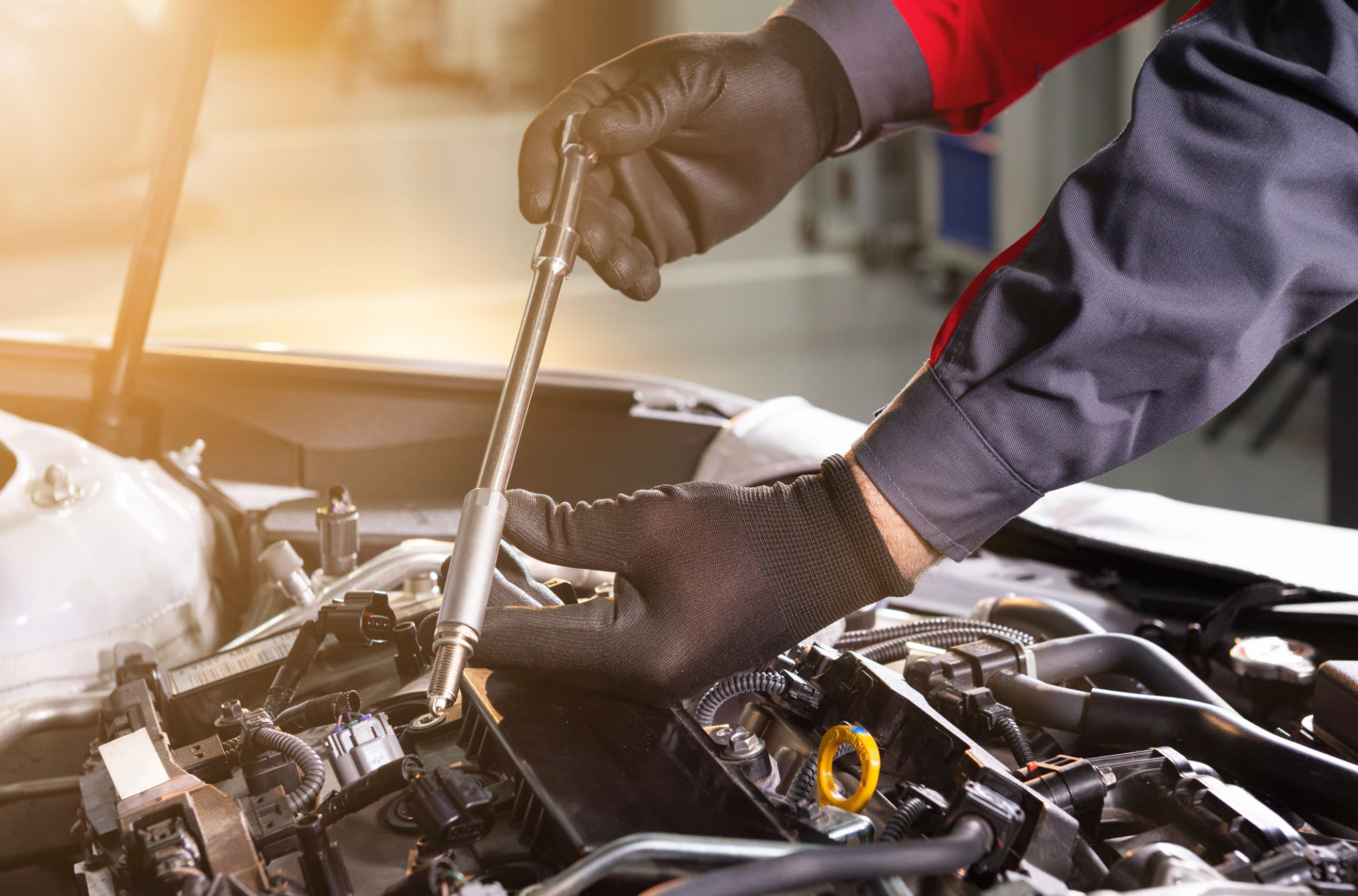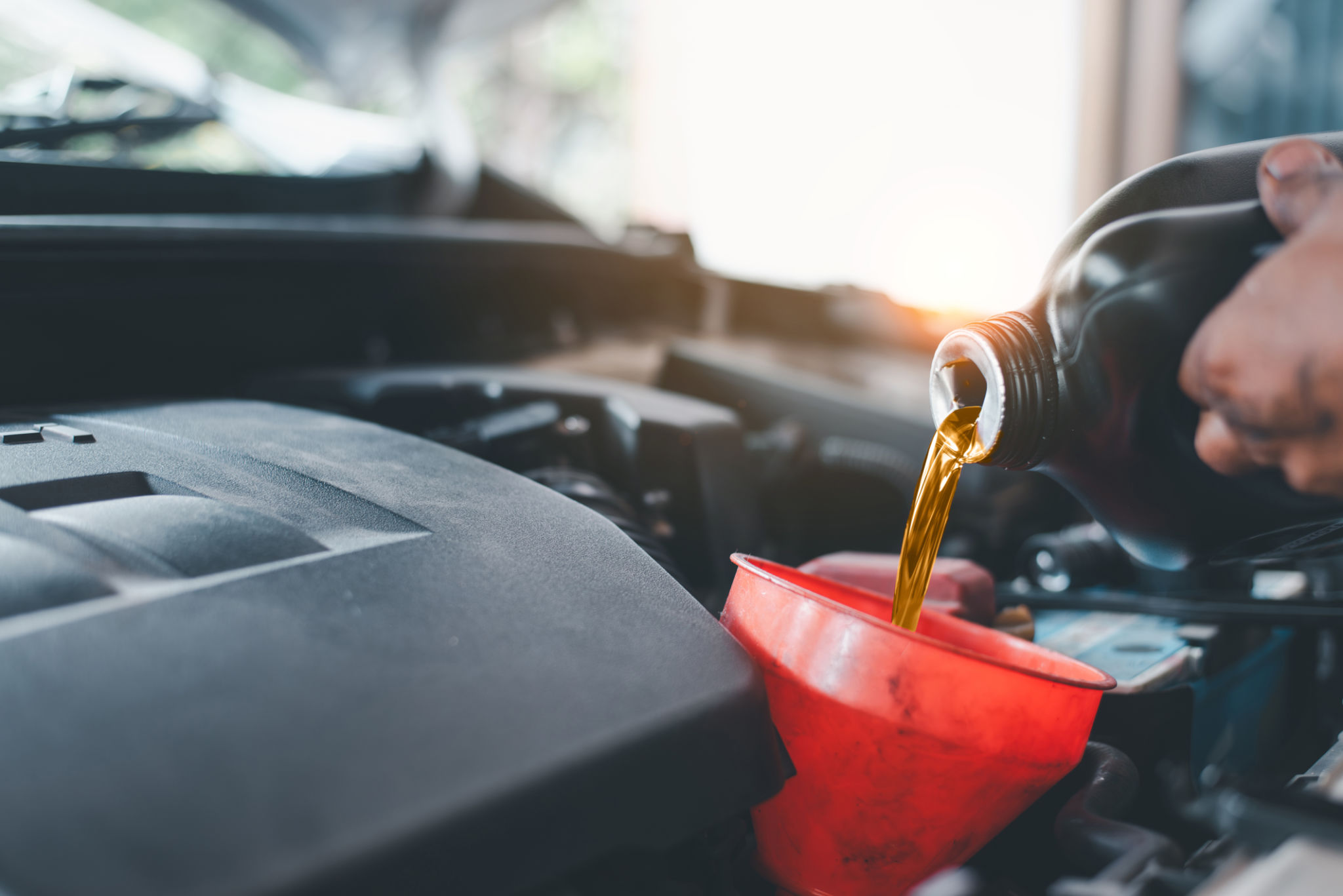DIY Car Maintenance: How to Keep Your Vehicle Running Smoothly Between Services
Introduction to DIY Car Maintenance
Keeping your vehicle running smoothly between professional services is not only cost-effective but also empowers you to understand your car's needs better. Regular DIY maintenance can prevent costly repairs and ensure your car remains reliable on the road. In this guide, we'll explore essential tips for maintaining your vehicle without the need for a mechanic.

Check and Change Your Oil
Regular oil checks are crucial for a healthy engine. To check your oil level, ensure your car is on a level surface and the engine is cool. Pull out the dipstick, wipe it clean, and reinsert it. Pull it out again to see the oil level. If it's below the recommended mark, it's time for a top-up or an oil change.
To change your oil, you'll need to drain the old oil, replace the oil filter, and add new oil. This simple process can significantly extend the life of your engine and improve its performance.
Tools You’ll Need
- Oil filter wrench
- Socket wrench
- Oil catch pan
- Funnel

Monitor Your Tire Health
Your tires are the only contact between your vehicle and the road, making their maintenance vital. Regularly check tire pressure using a pressure gauge. Properly inflated tires improve fuel efficiency and ensure a smooth ride.
Additionally, inspect your tires for uneven wear or damage. Rotate them every 5,000 to 8,000 miles to promote even wear and extend their lifespan.
Checking Tire Tread
Ensure your tires have adequate tread to provide grip and safety. Use a tread depth gauge or the penny test—insert a penny into the tread with Lincoln’s head down. If you can see all of Lincoln's head, it's time to replace the tires.

Examine Your Battery
A healthy battery is crucial for your car's electrical systems. Regularly inspect your battery terminals for corrosion and clean them if necessary using a mixture of baking soda and water. Ensure connections are secure to avoid unexpected breakdowns.
If your battery is over three years old, consider having it tested at an auto parts store to assess its health and charge capacity.
Keep an Eye on Fluid Levels
Apart from oil, your vehicle relies on several other fluids for optimal performance. Regularly check and top up brake fluid, coolant, transmission fluid, and windshield washer fluid. Each of these plays an integral role in the smooth operation of your car.
Refer to your vehicle's manual for the correct fluid types and recommended levels to avoid any mishaps.

Final Thoughts
Routine DIY car maintenance tasks are simple yet effective ways to keep your vehicle running smoothly between professional services. By taking the time to perform these checks and changes, you not only enhance your car's performance but also prolong its life. A little effort can lead to a safer, more reliable driving experience.
Remember, if you encounter an issue beyond your expertise, it's always best to consult a professional mechanic for advice or repairs.